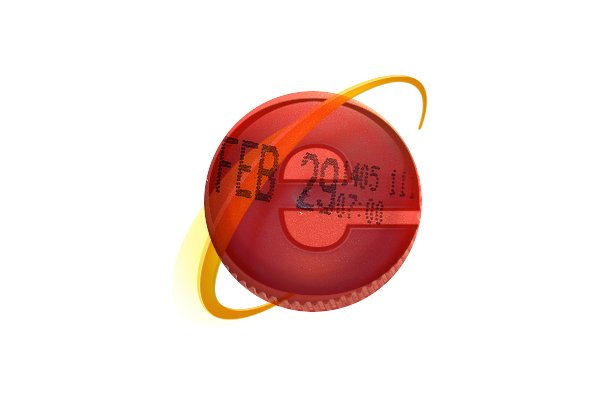Calls for 'best before' dates for browsers
Because your IE6 is starting to smell funny...

A group of researchers has recommended that internet software, such as browsers should come with a 'best before' date to keep users safe from malware and hackers.
A staggering 41% of internet users do not use the latest version of their browser, leaving themselves at risk from hackers who use exploits in the software to gain entry to their computers.
Thestudy suggested that, of the 1,408 million internet users, 576 million 'surfed the internet without using the latest major browser version of their preferred browser.'
Ignore updates
The study found that people were prepared to ignore updates to their browser – even when recommended, leaving them on older browser versions like IE6 .
Just shy of 80 per cent of users were on a version of Internet Explorer, with 16 per cent on Firefox, three per cent on Safari and less than one per cent on Opera.
Just over half of IE users were using Internet Explorer 7, 92 percent of Firefox users were on the latest update (the dats was pre-Firefox 3) and 70 per cent had a newly updated version of Safari.
Sign up for breaking news, reviews, opinion, top tech deals, and more.
Best before
The researchers, listed as Stefan Frei, Thomas Duebendorfer, Gunter Ollmann, Martin May, Communication Systems Group, ETH Zurich, Google Switzerland GmbH and IBM Internet Security Systems, suggest that food warnings may be an appropriate way to get users to think about the security of their browsers.
"Given the state of the software industry and the growing threat of exploitable vulnerabilities within all applications (not just Web browsers), we believe that the establishment of a 'best before' date for all new software releases could prove an invaluable means to educating the user to patch or "refresh" their software applications," says the report.
Familiar concept
"Almost all users are familiar with the concept of 'sell by', 'expires on', or 'best before' date stamps on perishable goods.
"Consumers tend to rely on this date information in order to decide whether to purchase the goods, when to use the goods and when to dispose of the goods.
"Once a particular perishable good has exceeded its 'best before' date, the consumer is forced to evaluate their personal risk to using it or disposing of it.
"The greater the lapse between the 'best before' date and the current date, the more risk the consumer assumes by not disposing of it."

Patrick Goss is the ex-Editor in Chief of TechRadar. Patrick was a passionate and experienced journalist, and he has been lucky enough to work on some of the finest online properties on the planet, building audiences everywhere and establishing himself at the forefront of digital content. After a long stint as the boss at TechRadar, Patrick has now moved on to a role with Apple, where he is the Managing Editor for the App Store in the UK.